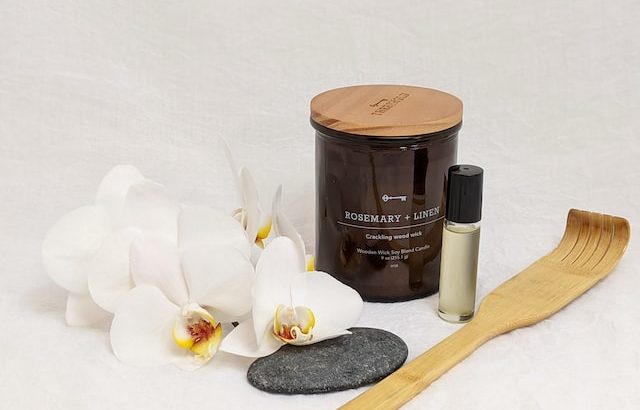An aromatherapy massage is a therapeutic massage that involves the use of essential oils to promote physical and emotional well-being. Essential oils are highly concentrated plant extracts that are distilled from leaves, flowers, roots, and other parts of plants. These oils contain aromatic compounds that are thought to have therapeutic properties when inhaled or applied to the skin.
One of the main effects of aromatherapy massage is stress relief. Essential oils such as lavender, bergamot, and chamomile have a calming and relaxing effect that can help to reduce feelings of anxiety and stress. This can help to lower cortisol levels in the body, which is the primary hormone responsible for stress. When cortisol levels are reduced, the body is better able to handle stress and is less likely to experience negative health effects such as anxiety, depression, and sleep disturbances.
Aromatherapy massage can also help to improve mood and promote feelings of relaxation and calm. This can be especially beneficial for those who are dealing with depression or anxiety, as it can help to reduce symptoms and improve overall well-being. Additionally, essential oils such as lemon, peppermint, and eucalyptus have a refreshing and invigorating effect that can help to improve mental clarity and boost energy levels.
The benefit of aromatherapy massage
Another benefit of aromatherapy massage is pain relief. Essential oils such as ginger, turmeric, and frankincense have anti-inflammatory properties that can help to reduce pain and swelling. Additionally, some essential oils such as clove and thyme have anesthetic properties that can help to numb pain and reduce discomfort. Aromatherapy massage can be especially helpful for individuals who suffer from chronic pain conditions such as arthritis, fibromyalgia, and headaches.
Aromatherapy massage can also improve sleep quality. Essential oils such as lavender, chamomile, and valerian have a relaxing effect that can help to promote restful sleep. This can be especially helpful for individuals who suffer from insomnia or sleep disturbances. Additionally, aromatherapy massage can help to improve the quality of deep sleep, which is important for physical and mental restoration.
In addition to its physical benefits, aromatherapy massage also has emotional and psychological benefits. Essential oils can evoke strong emotional responses and can help to stimulate the limbic system in the brain, which is responsible for regulating emotions and memories. This can help to relieve feelings of anxiety and depression and promote feelings of calm and relaxation. Additionally, some essential oils such as rose and jasmine have a grounding and uplifting effect that can help to boost self-esteem and improve overall emotional well-being.
In conclusion, aromatherapy massage is a highly effective form of massage therapy that offers numerous physical, emotional, and psychological benefits. Essential oils are highly concentrated plant extracts that contain therapeutic compounds that can help to relieve stress, improve mood, relieve pain, improve sleep quality, and promote emotional well-being. Whether you are looking to relieve stress, improve sleep quality, or simply boost your overall well-being, aromatherapy massage is a highly effective and enjoyable form of therapy that is worth considering.
where is aromatherapy originated?
Aromatherapy originated in ancient civilizations such as Egypt, Greece, and Rome, where essential oils were used for both medicinal and cosmetic purposes. The practice of using essential oils for therapeutic purposes has a long history, with records of their use dating back thousands of years.
In modern times, the concept of aromatherapy was popularized by a French chemist named René-Maurice Gattefossé, who is credited with coining the term “aromatherapy” in the 1920s. Gattefossé became interested in the therapeutic properties of essential oils after observing the healing effects of lavender oil on a burn he suffered in his laboratory.
Since Gattefossé’s initial discovery, the use of essential oils in aromatherapy has become increasingly popular and widely accepted as a complementary form of therapy for various health conditions. Today, aromatherapy is used in a variety of settings, including spas, hospitals, and homes, and is considered a safe and effective form of therapy for promoting physical and emotional well-being.
